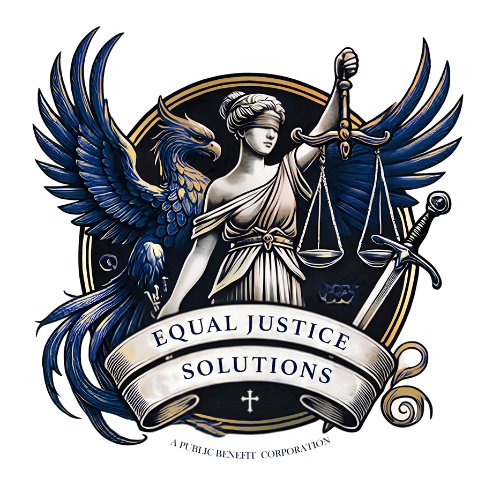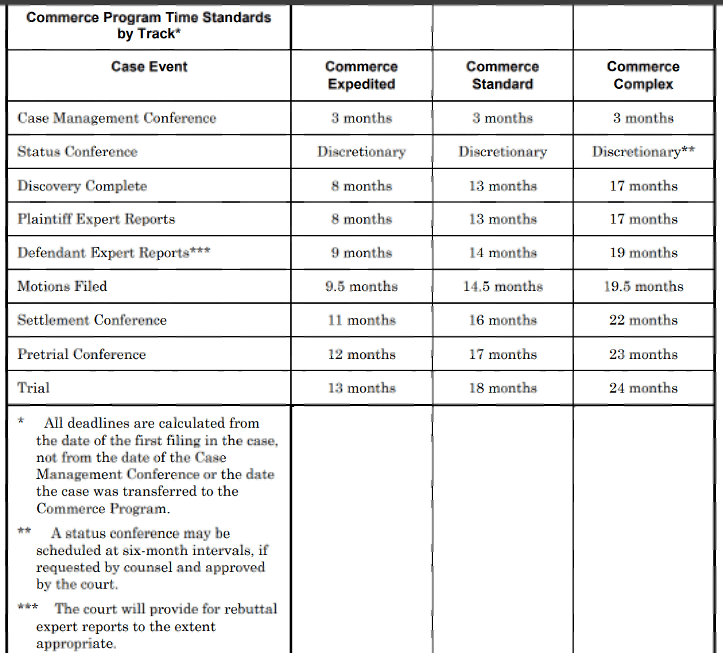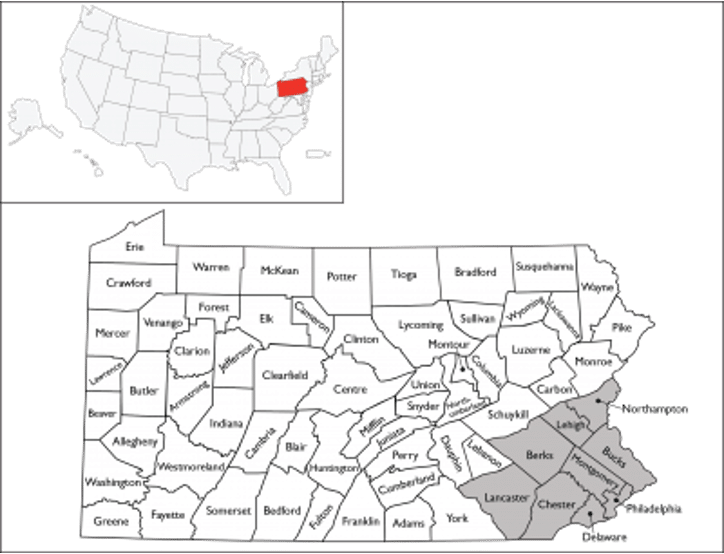- Home
- What We Do
- Whistleblower Lawyers
- Delaware Business Litigation Attorneys
- Pennsylvania Commercial Litigation Lawyer
- Investment Loss Attorney
- Employment Discrimination and Retaliation
- Catastrophic Injury & Sex Abuse Lawyers
- Class Action Lawyer for Consumer Fraud
- Commercial Litigation Lawyer
- Breach of Contract Attorney
- Employment Discrimination Lawyer
- Pro Bono
- Our Story
- How We Are Different
- Our Team
- Careers
- News & Blog
- Contact Us



